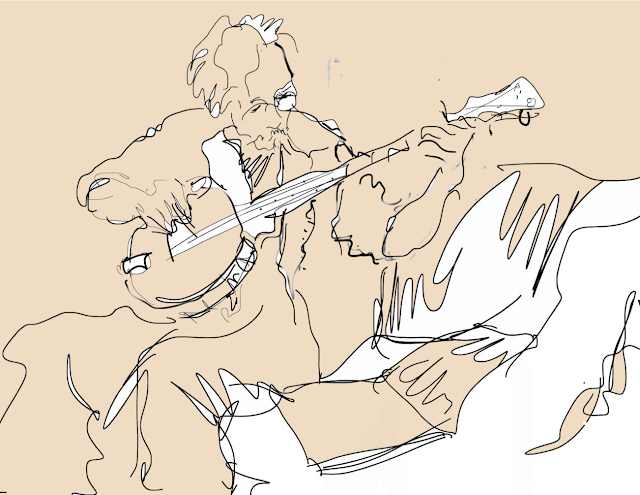colour in blue Priya Bryant
I. ONTARIO
how can you write a
love song when you’ve never been in love?
easy, darling, just copy the way they snap their fingers,
like this –
easy, darling, just copy the way they snap their fingers,
like this –
II. ERIE
trampling the kelp
corpses into another world
the glass cuts our pebbled feet.
even those soft pink cathedral arches cannot escape.
the glass cuts our pebbled feet.
even those soft pink cathedral arches cannot escape.
III. HURON
quiet ripple now, book
stacks. silence never warmed to you but it will sell you the Collected Essays of George Orwell for four dollars, no more, no less a child because
you ripped out your own seams, because you crumpled like moths I slam through
my open window, babies whose leafy flutter stains expensive carpet
IV. MICHIGAN
alone again. a mud-churned
gasping. a shaking turn;
your Arthurian rise through strangle-green muttering algae, your sodden freckles, your hair-drip as you light a cigarette. embalmed rage, splinter-quick.
your Arthurian rise through strangle-green muttering algae, your sodden freckles, your hair-drip as you light a cigarette. embalmed rage, splinter-quick.
V. SUPERIOR
you think that fate is an old man, eyes waterlogged with age, but you are wrong. fate is a teenage girl. she blows translucent pink bubbles and giggles when they pop. she kisses the wrong boys in dark corners, inhales the wrong aftershave, burns tequila stripes, rum shivers down her throat to forget. cliché holds her hair when the bile fights back.
you think that fate is an old man, eyes waterlogged with age, but you are wrong. fate is a teenage girl. she blows translucent pink bubbles and giggles when they pop. she kisses the wrong boys in dark corners, inhales the wrong aftershave, burns tequila stripes, rum shivers down her throat to forget. cliché holds her hair when the bile fights back.
fate swings her legs open as she curses God and
his botched creative streak, how he left her to pick up the fag-ends and empty
cans. fate is frightened of the future. she is the most frightened of all.
Priya Bryant | North London | Fall 2015


